#Branding
VW's Secret Weapon: Heritage
With the world’s established automakers facing increased competition from ascendant Korean car brands, and with even more competition from Chinese automakers just over the horizon, the key to continued success is leveraging every single advantage that’s been accumulated in the past. Traditionally those advantages have been technical, whether in engine technology, suspension set-up know-how, or long-established relationships with suppliers. But as technical advantages fade, brands are having to cash in on their other, less tangible assets… including heritage.
Is This Buick's Open-Top Future?
To be perfectly honest, we don’t know if the forthcoming Opel Astra CC (shown here in mule form) will be brought to the US and sold as a Buick, but it’s certainly been rumored. C&D says that, in addition to an Astra/Verano coupe, which it says will “definitely” be coming to the US,
Buick’s lineup could be graced with another Opel model that is currently under development. Replacing the folding-hardtop Astra Twin Top in Europe will be a new model that won’t be badged Astra, but will be based on the car’s Delta platform and remain close to the current model’s dimensions. The new convertible will keep its pronounced trunk and shed its clumsy hardtop in favor of a softtop, which should increase luggage space and make for a far cleaner look. Opel believes the softtop will create a more premium image.
The last Buick convertible? The 1990-91 Reatta convertible. But Buick’s probably hoping that nobody remembers those bad old days…
The Case For GM, In Glorious Powerpoint
With GM’s share price currently hovering below $25, well under its $33 IPO price, The General is holding its second annual Global Business Conference in hopes of encouraging investors the world over to buy into its turnaround. A webcast is currently streaming over at the GM Investor Relations website, but the key points are available in slides available in PDF here. The presentation involves nearly every level of GM’s business, so listening in and reading the entire PDF is going to be the best way to make sense of what GM is trying to communicate… but if you just want an overview, check out the gallery below for a few hand-picked slides, illustrating some of the more important points.
Wild-Ass Rumor Of The Day: Lincoln Is Going To Be Just Fine
Ask The Best And Brightest: Can This Product Plan Keep Fiat-Chrysler Going?
According to Automotive News [sub]’s latest breakdown of Chrysler-Fiat’s product plans, a lot has changed since the big Five Year Plan product cadence guide was released in late 2009 [ PDF here]. The Chrysler brand’s C-segment offering appears to have been pushed back a year, its 2014MY B-segment car is AWOL and there’s no sign of a planned MY2014 “Midsized Crossover” or T&C. Planned MY2013 “Major Modifications” for Ram Light Duty, Heavy Duty and Chassis Cab are also nowhere in sight, although the “under consideration” MY2012 minivan-based pickup is back on, likely for MY2014. A MY2012 Challenger refresh is also off, according to these plans. And what’s taking up the slack? Alfa Romeos, and lots of them. Sergio and company didn’t mention Alfas during the seven hours of PowerPoint presentations back in late ’09, but it’s clear that his priority is on bringing Alfa’s 5-door subcompact MiTo, Giulietta compact, Giulia midsizer and Compact CUV to the US. Which means the cupboard will be largely bare over the next year, and thereafter another rush of products will launch across all six mass-market brands. Chrysler’s sales are growing at the moment, but can this plan maintain the momentum? The folks in Auburn Hills certainly hope so…
What's In A Name?
When should a redesigned car get a new name? Whenever the old one wasn’t a success? Or virtually never? Can car companies count on the excellence of a new car to reverse whatever damage was done to the public perception of the model name in the past?
Mazda Halts Rotary Engine Development: Is 2011 Your Last Chance To Wankel?
What's Wrong With This Picture: Messerschmitt E-tron By Audi Edition
2013 ATS: It's A Cadillac!
Ask The Best And Brightest: Is Aston-Martin A Bit Old Hat?
Ian Callum, designer of the Aston-Martin DB7 (along with the new Jaguars and numerous other gorgeous things) is a really, genuinely nice guy. But even nice guys have their limits, and having seen his groundbreaking Aston design evolve with the morphological dynamism of a sturgeon over the last 17 years, Callum appears to have reached his. Bloomberg reports:
It’s still that same old basic design,” Ian McCallum, who designed the DB9 and is now design director at Tata Motors Ltd. (TTMT)’s Jaguar Land Rover unit, said in a July 27 interview. “Some will argue that if it ain’t broke, don’t fix it. But you do get to a time when you have to move on.”
Sadly, there are a few factual distractions to deal with here before we dig further into Aston’s predicament. First of all, though a Scot, the man’s name is Callum, not McCallum. Also, it’s not clear how much of the DB9 was styled by Callum, and how much was finished by his successor, Heinrik Fisker. Clear? OK, back to Aston…
Fiat 500: Icon In The Making Or Dead In The Water?
Fiat’s 500 is a tough vehicle to figure out. On the one hand, it’s got a lot of intangibles going for it: it’s got huge fashion appeal, it gets far better fuel economy than anything in the Chrysler Group’s US stable and it grabs attention like nobody’s business. On the other hand: the sales stink. Chrysler expected to move some 50k Cinquecentos this year, but after three full months of sales (only 500 special editions were sold in March), the 500 had moved fewer than 5,000 units through June (4,944, to be precise). Fiat has admitted that the 500 launch is “ a tiny bit behind schedule,” and the first official ad (which I count as another positive intangible) is only just going live this week. It’s miles better than the glorified tourist bureau video that has since disappeared from Youtube, but can it motivate 45,000 hip young (at heart) things to buy into the next small thing? We’ll certainly be watching July sales with interest. But if Fiat doesn’t get the ball rolling towards New Beetle-style iconic status in the US, the 500 could go the way of the Smart: iconic, but for all the wrong reasons (namely a challenging combination of price and size).
Maserati To Explore The Line Between Parts Sharing And Brand Engineering
While Fiat-Chrysler revives its Lancia brand by rebadging new Chrysler models with few other modifications, it’s attacking Maserati’s aging product lineup with a similar but more subtle strategy. Automotive News [sub] reports that the current Quattroporte has a problem
The car is too big to be a compelling driver’s car, but too small – particularly in terms of rear legroom – to serve as a good chauffeur’s car.
Luckily, according to the report, there’s an easy solution:
The problem will be resolved by offering two cars – a “baby” Quattroporte, code-named M157 and a larger Quattroporte, code-named M156.
The new flagship model will continue to use a Ferrari-sourced V8, and presumably an evolution of the current model’s underpinnings, extended by 70 mm to 5170 mm, or 203 inches… about the length of the forthcoming Cadillac XTS. The smaller version, on the other hand, is going to be a case study in the ever-evolving art of balancing shared components and premium differentiation.
I, BMW
Ask The Best And Brightest: Is A New Dodge Magnum A No-Brainer Or A Flop Waiting To Happen?
Survey Says: Old Folks Buy Domestic, Young Folks Buy Foreign
Despite the domestic auto industry’s bailout-fueled turnaround, there are a few challenges that the Detroit-based firms have yet to overcome: sales on the West Coast for one, and sales to young people for another. TrueCar tackled the scope of this second issue, digging through millions of transactions to determine the favored cars of both Generation X (ages 28-45) and elderly buyers (65 and up). The results? Buick is still tops with the old folks, despite aiming for younger buyers with new, European-derived products. Lincoln, Cadillac, Chrysler and GMC and Chevrolet round out the top six before the first import brand, Porsche, arrives at number seven. There are few surprises by model choice as well, with the Town Car, Lucerne, DTS, CTS, STS, Azera, Impala, LaCrosse, MKZ and Avalon making the top ten old-folks cars. On the Gen X side of things, import brands still top the list, with VW, Land Rover, Audi, and Mazda taking the top spots, and Jeep taking the top domestic spot at number five. By model, the Routan, M3, Quest, Armada, and Oddyssey take the top five spots for Gen X buyers, with only the Chevy Aveo representing the domestic brands in the top ten. cars with Gen X buyers.
What does it all mean? The domestic manufacturers are still most attractive to traditional, older buyers… spelling long-term issues for the domestic brands. GM, Ford and Chrysler still face huge challenges in attracting younger buyers, and will need to address this problem aggressively if they want to build on their short-term turnaround.



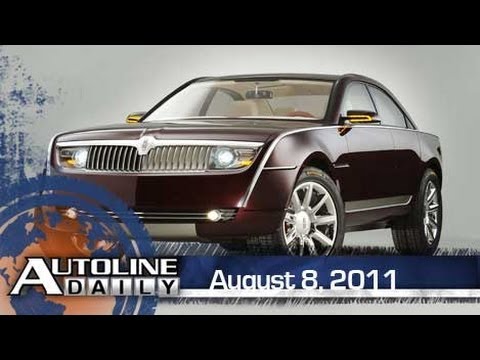
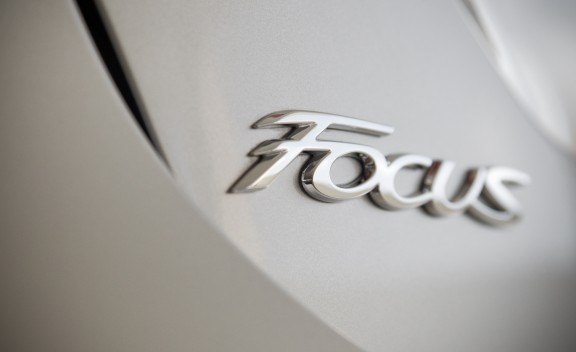


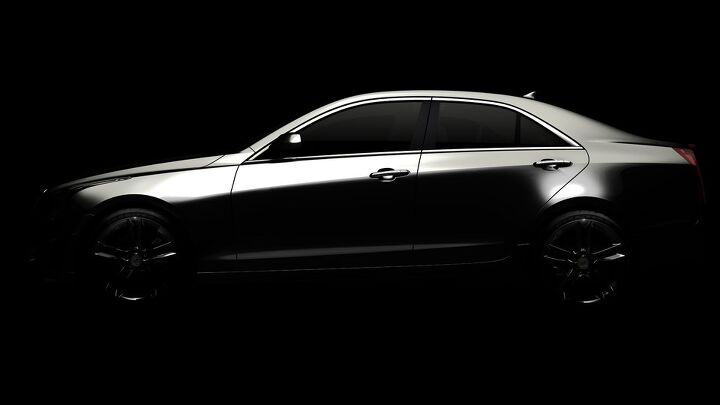
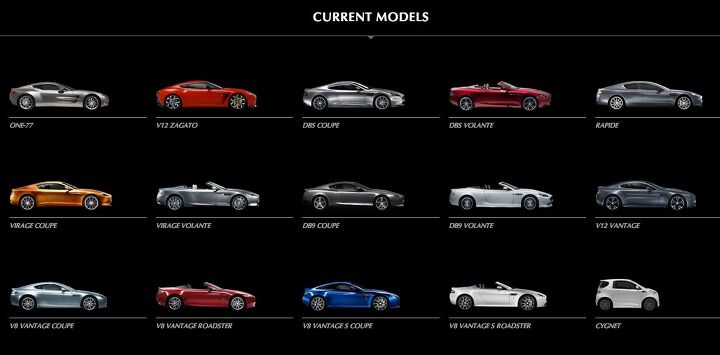
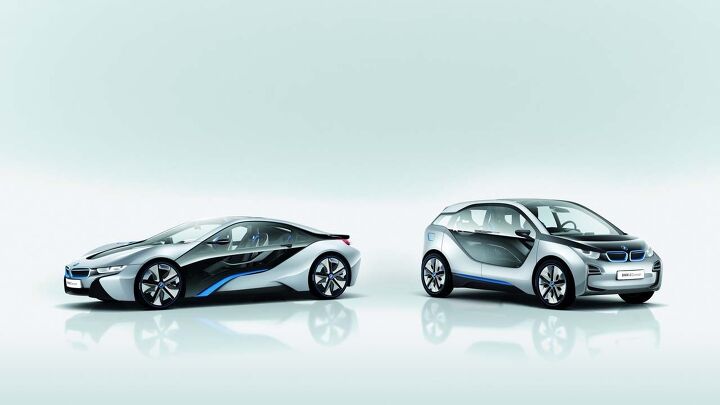
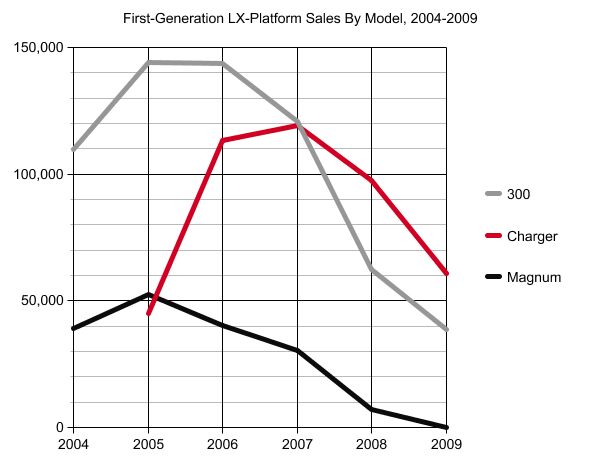












Recent Comments